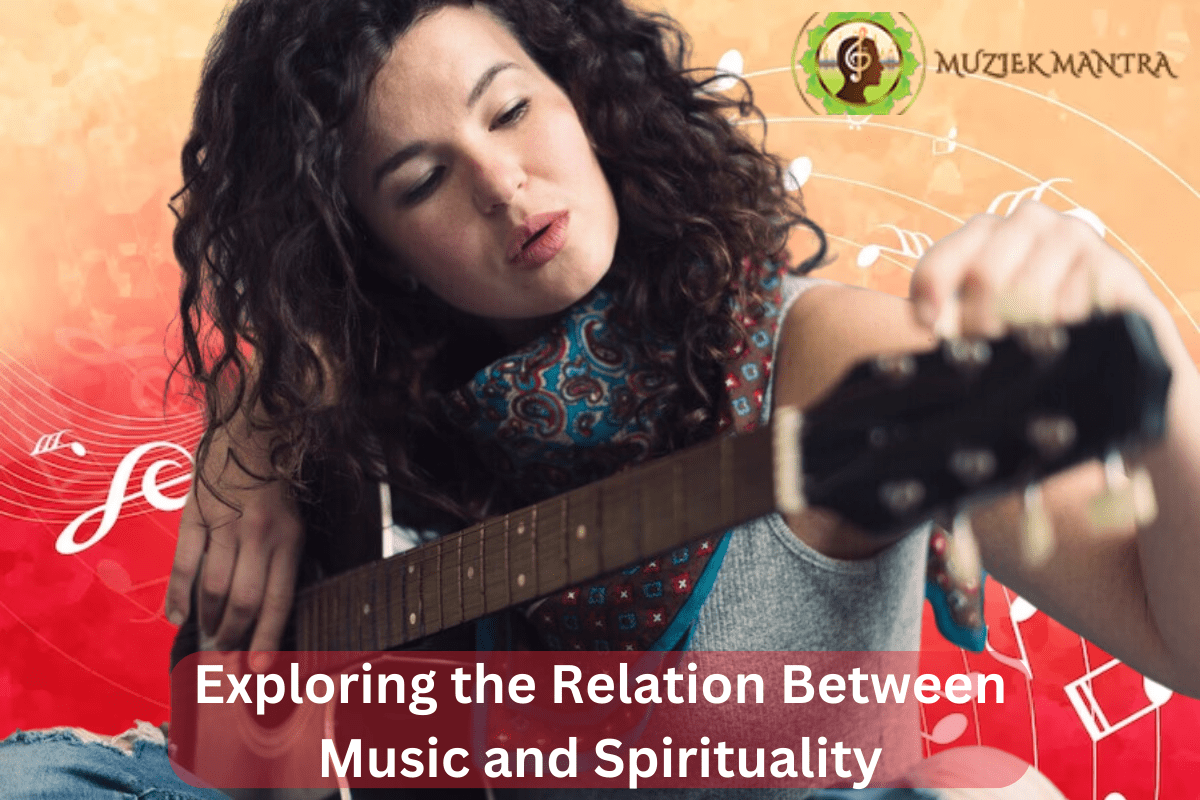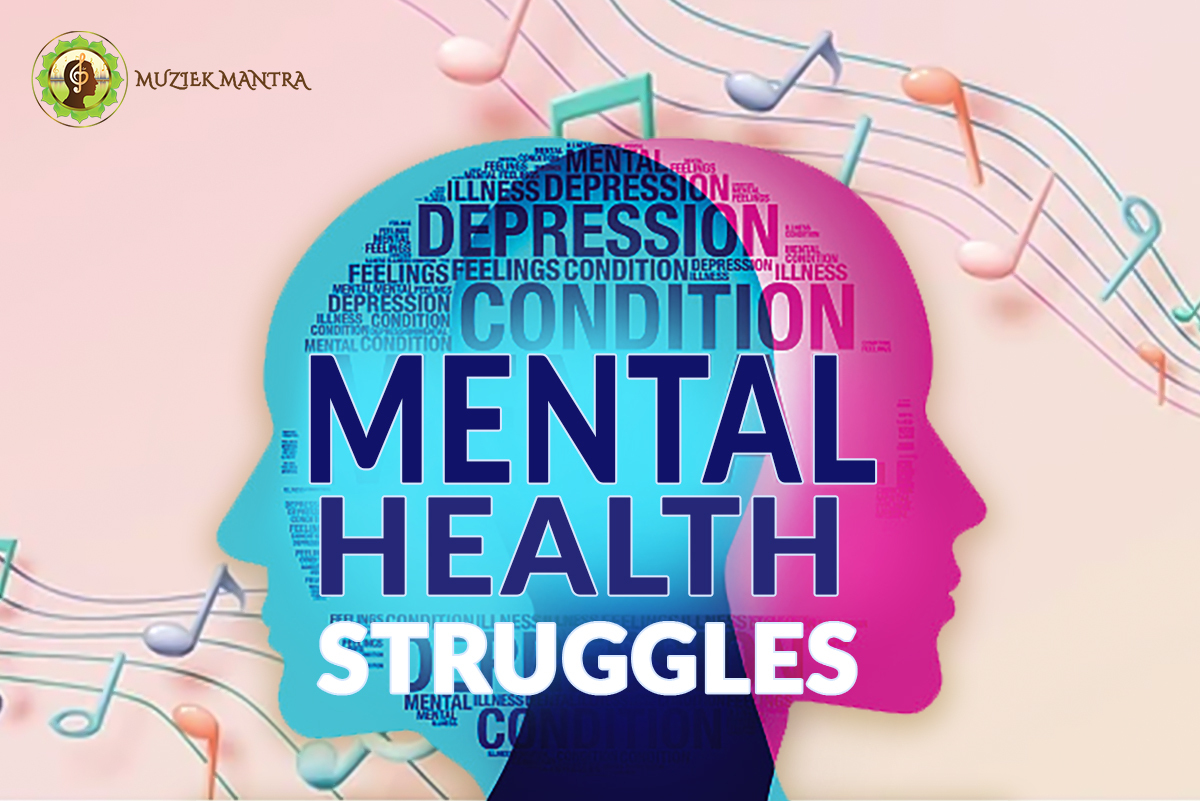The impact of music has a strong relationship with one’s spiritual self-belief. The relationship between music and spirituality is complex, with music frequently drawing inspiration from spirituality and serving to set the mood for spiritual events. Music is included in spiritual activities to enhance the transpersonal elements of worship, meditation, and ritual. Likewise, spiritually grounded practices and beliefs are integrated into musical interactions to help people forge incredibly potent relationships with one another and with themselves.
In Indian classical music, the way sound is used – the ragas, the tunes, everything – is such that if you get deeply involved in this, it will bring meditativeness. If you look at a person who is very deeply involved in classical music, you will feel that sense of spiritualism in that person. Let’s discuss more of this in a detailed manner.
Benefits of Music on Spiritual Growth
Music can be a great tool for personal and spiritual growth. It has a huge impact on many of the Here are the ways:
Mindfulness and Presence:
It takes mindfulness-like levels of concentration to engage with music. Music inspires you to be in the present, whether you’re paying close attention to the complex layers of a symphony or losing yourself in the beats of a drum circle. This expanded awareness can go beyond just listening to music; it can teach you to approach many aspects of life with mindfulness and expand your capacity for thought.
Creativity and Self-Expression:
Creating music – whether through singing, playing an instrument, or composing – nurtures creativity and self-expression. It provides a platform to articulate thoughts and emotions that might be challenging to convey through words alone. As you delve into musical creation, you develop the confidence to share your authentic self with the world, fostering a strong sense of identity and personal agency.
Discipline and Patience:
It takes persistence and discipline to learn an instrument or a musical technique. The act of practicing, making errors, and keeping at it cultivates traits that go far beyond musical ability. These traits, such as commitment, organization, and resilience, become essential components of your personal growth arsenal and give you the ability to overcome obstacles in a variety of spheres of your life.
Cognitive Enhancement:
Different cognitive processes are stimulated by listening to music. Understanding complex rhythms, memorizing tunes, and learning to read musical notation are all cognitively stimulating activities. Additionally, music has been connected to greater memory, increased problem-solving ability, and enhanced spatial-temporal capabilities. These cognitive advantages lead to improved mental faculties that are helpful in both personal and professional endeavors.
Empathy and Interconnectedness:
Music has the power to evoke empathy by allowing you to step into the emotional experiences of others. Listening to different genres and styles exposes you to diverse perspectives and emotions. As you resonate with the stories and feelings conveyed through music, you inculcate within yourself a broader understanding of humanity, fostering compassion and interconnectedness.
Setting and Achieving Goals:
Setting and attaining goals is necessary when learning an instrument or working on a musical project. The process fosters a sense of accomplishment and raises self-esteem, whether it be from successfully performing in front of an audience or conquering a challenging composition. Your ability to apply this talent to various areas of life will help you set and achieve your personal and professional goals.
Modern Expressions of Music and Spirituality
The connection between music and spirituality in the modern world is still developing. Regardless of whether they are investigating existential issues, fighting for social justice, or just making music that uplifts and inspires, artists from many genres frequently incorporate spiritual elements into their work. The popularity of sound therapy and mindfulness exercises also emphasizes the healing and spiritual advantages of focused music listening and immersion.
Key Takeaway
From the rhythmic beating of a drum to the intricate melodies of a symphony, music has the potential to be a transformative tool for personal growth. By embracing music as more than just a source of entertainment and engaging with it intentionally, you can harness its emotional, cognitive, and creative potential to facilitate self-discovery, emotional regulation, and holistic development. Just as notes and chords come together to create a harmonious composition, the various facets of personal growth can be harmonized through the power of music.



